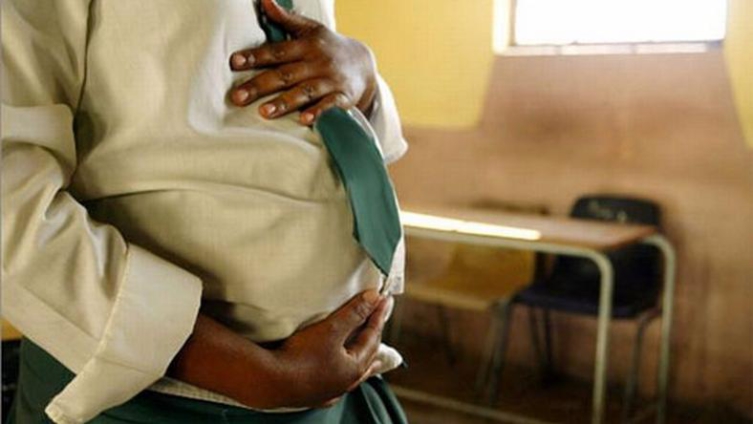Researchers have found 67.1 per cent prevalence of anemia in pregnant women in Ghana, mostly, without formal education.
A study by Dr. Kobina Kwegyir-Aggrey and Dr. Emmanuel Appiah-Brempong of the Kwame Nkrumah University of Science and Technology (KNUST) suggests the rate is above the 42 per cent national average.
The Medical and Public Health Schools of the University jointly undertook the research.
A 2014 study by the United States Agency for International Development (USAID) showed an overall anemia prevalence of 66 percent in children from 6 months to 5 years.
The rate was 42 per cent among women of reproductive age.
Between 2008 and 2014, the Ghana Health Service established a slight drop in the prevalence rate for both groups.
The decline in children, however, benefitted the less vulnerable, mostly, from high income and formally educated mothers of up to second-cycle level.
The drop in women was found across moderately wealthy urban and rural dwellers.

Malaria and anaemia
Endemic malaria is largely responsible for anemia in Ghana.
In pregnant women, there is the risk of a negative impact on the health and wellbeing of both mother and unborn child.
The socio-economic implication on individuals, families and society is enormous.
The latest study also assessed knowledge and practices of pregnant women attending antenatal-clinics at the La Dade Kotopon Municipality.
Sixty percent of women were found to have adequate knowledge on the condition.
170 persons interviewed for the study were also assessed on causes, risk factors, clinical features, complications and treatment.
The research again found anemia common among the unmarried women in their last three months of pregnancy.
Women from 15 to 24 years, those with once or twice gotten pregnant and those with inter-pregnancy intervals of three or more years were also implicated.
The study again found 58 per cent, representing more than half of women diagnosed with malaria, were anemic.
Role of diet
The researchers were happy the majority of the respondents followed dietary modification advice.
They were surprised less than half of them visited the clinic, for the first time, after the first three months of pregnancy. Less than half of them use mosquito nets.
“This hinders early institutions of measures to prevent anemia,” they noted.
Investigators recommend concerted efforts to improve the knowledge of pregnant women about anemia and increase compliance to preventive measures.
“Individuals need to take advantage of available interventions and visit antenatal clinics early,” they said.
Latest Stories
-
North Dayi to get transit quarters to boost local economy
9 mins -
Political, Economic, and Technological analysis
23 mins -
Ghana will no longer be held back by energy shortages of the past – Akufo-Addo assures
34 mins -
We are aware of allegations surrounding operations of Development Bank Ghana – World Bank
51 mins -
AFCON 2025Q: Cameroon complete unbeaten qualifying run, Kenya and Namibia bow out
1 hour -
AFCON 2025Q: Tanzania defeats Guinea to secure AFCON ticket
1 hour -
Ghana embarks on polio vaccination campaign amid rising cholera cases
2 hours -
Election 2024: NCCE urges political parties to foster peaceful campaigns
2 hours -
We have disappointed the country – Black Stars team manager, Ameenu Shardow
2 hours -
‘I never thought of playing for Germany even though I was born there’ – Otto Addo
2 hours -
Samira Bawumia launches second literature anthology, ‘We Move: Ghanaian Dream in Motion’
2 hours -
Jobberman CEO charges employers to create culture of excellence in today’s competitive market
2 hours -
A vote for Bawumia an endorsement of hardship and corruption – Mahama
2 hours -
Access Bank launches ‘Power of 100 Africa’ to celebrate trailblazing women across continent
2 hours -
Monuments of Leadership: Honouring Ghana’s presidents and the debate on legacy
2 hours

